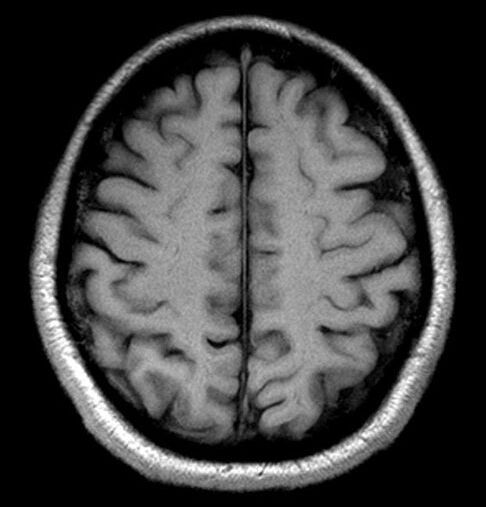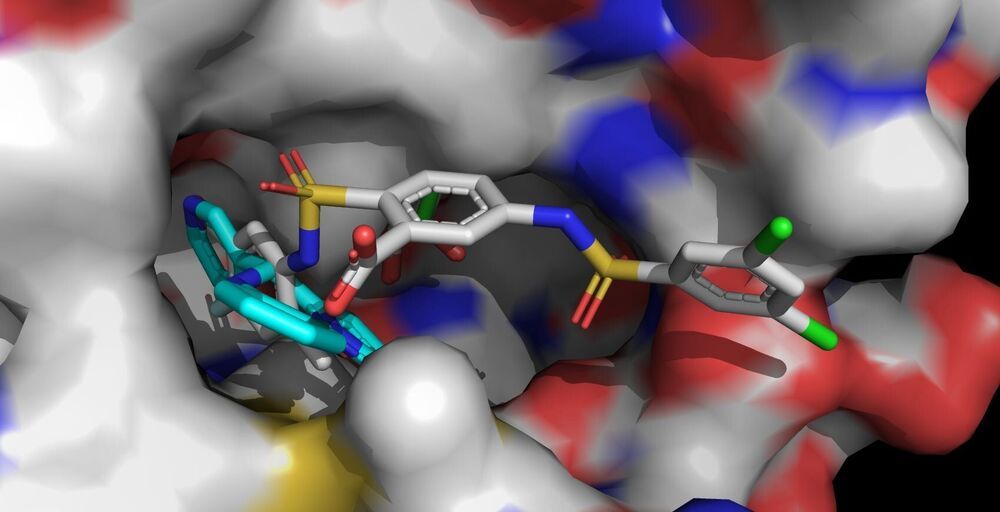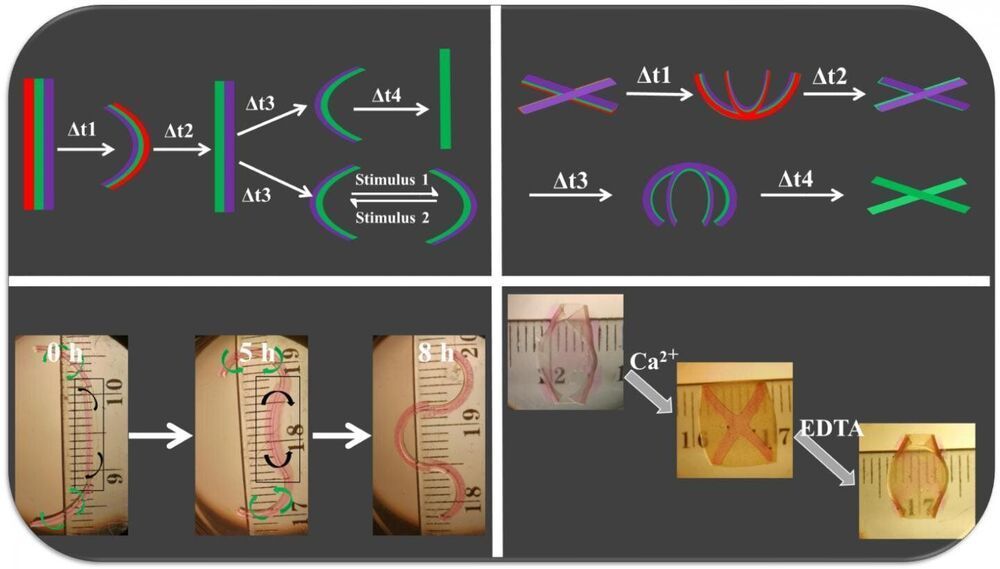In her new book, Brandy Schillace recalls the unbelievable legacy of a Cold War era neurosurgeon’s mission to preserve the soul.


From its power as an antioxidant through to SIRT activation and beyond, resveratrol as a health aid and as an anti-aging compound is a word that has made many headlines and is the topic of many conversations.
From forming the basis of an excuse to drink bottle after bottle of red wine, to a newspaper selling headline it has bee around for decades now and every time it seems to be slipping away, a new insight arrives to bring it back as strong as ever.
Indeed, it is one of the most popular supplements currently available.
So in this video I bring together a background of what it is, when we discovered it and where you can find it naturally, along with a whole raft of studies showing what it can possibly do for the human body.
So I hope this clears up any loose ends for you and if you want to know more about Sirtuins why not check out this video… https://youtu.be/cNUFesiescc Do you supplement with this or any other products, why not let us know your regime below…

Do you remember the test about self control? It’s the test where you get more if you are patient and don’t eat the marshmallow at once. The cuttlefish just passed it. 😃
Much like the popular TikTok challenge where kids resist eating snacks, cuttlefish can do the same! Cuttlefish can delay gratification—wait for a better meal rather than be tempted by the one at hand—and those that can wait longest also do better in a learning test, scientists have discovered.
The device is more reliable for the diagnosis of tuberculosis than conventional methods for the detection of this disease.
Investigadores de la UNAM desarrollaron un inmunosensor interferométrico, dispositivo más confiable para el diagnóstico de la tuberculosis que los métodos convencionales para la detección de esta enfermedad.
The Wyss Institute’s eRapid electrochemical sensor technology now enables sensitive, specific and multiplexed detection of blood biomarkers at low cost with potential for many clinical applications.
The Wyss Institute for Biologically Inspired Engineering at Harvard University (http://wyss.harvard.edu) uses Nature’s design principles to develop bioinspired materials and devices that will transform medicine and create a more sustainable world. Wyss researchers are developing innovative new engineering solutions for healthcare, energy, architecture, robotics, and manufacturing that are translated into commercial products and therapies through collaborations with clinical investigators, corporate alliances, and formation of new startups. The Wyss Institute creates transformative technological breakthroughs by engaging in high risk research, and crosses disciplinary and institutional barriers, working as an alliance that includes Harvard’s Schools of Medicine, Engineering, Arts & Sciences and Design, and in partnership with Beth Israel Deaconess Medical Center, Brigham and Women’s Hospital, Boston Children’s Hospital, Dana–Farber Cancer Institute, Massachusetts General Hospital, the University of Massachusetts Medical School, Spaulding Rehabilitation Hospital, Boston University, Tufts University, Charité – Universitätsmedizin Berlin, University of Zurich and Massachusetts Institute of Technology.
Dr. John Torday, Ph.D. is an Investigator at The Lundquist Institute of Biomedical Innovation, a Professor of Pediatrics and Obstetrics/Gynecology, and Faculty, Evolutionary Medicine, at the David Geffen School of Medicine at UCLA, and Director of the Perinatal Research Training Program, the Guenther Laboratory for Cell-Molecular Biology, and Faculty in the Division of Neonatology, at Harbor-UCLA Medical Center.
Dr. Torday studies the cellular-molecular development of the lung and other visceral organs, and using the well-established principles of cell-cell communication as the basis for determining the patterns of physiologic development, his laboratory was the first to determine the complete repertoire of lung alveolar morphogenesis. This highly regulated structure offered the opportunity to trace the evolution of the lung from its unicellular origins forward, developmentally and phylogenetically. The lung is an algorithm for understanding the evolution of other physiologic properties, such as in the kidney, skin, liver, gut, and central nervous system. Such basic knowledge of the how and why of physiologic evolution is useful in the effective diagnosis and treatment of disease.
Dr. Torday received his undergraduate degree in Biology and English from Boston University, and his MSc and PhD in Experimental Medicine from McGill University, Montreal, Canada. He did a post-doctoral Fellowship in Reproductive Endocrinology at the University of Wisconsin-Madison, WI.
Dr. Torday’s research has led to the publication of more than 150 peer-reviewed articles and 350 abstracts. More recently, he has gained an interest in the evolutionary aspects of comparative physiology and development, leading to the publication of 12 peer-reviewed articles on the cellular origins of vertebrate physiology, culminating in the book Evolutionary Biology, Cell-Cell Communication and Complex Disease.
Dr. Torday is also the co-author / co-editor on several volumes including: Evolution, the Logic of Biology, Evidence-Based Evolutionary Medicine, Morphogenesis, Environmental Stress and Reverse Evolution, and most recently, The Singularity of Nature: A Convergence of Biology, Chemistry and Physics.

In the search for ways to effectively combat age-related human disease, the enzyme sirtuin 6 (Sirt6) has recently become a focus of biochemical research. A targeted activation of Sirt6 could prevent or mitigate such diseases, for example some types of cancer. In a paper for the journal Nature Chemical Biology, biochemists from the University of Bayreuth have now shown how the small molecule MDL-801 binds to the enzyme Sirt6 and influences its activity. These findings stand to aid the development of new drugs.


Tissue engineering has long-depended on geometrically static scaffolds seeded with cells in the lab to create new tissues and even organs. The scaffolding material—usually a biodegradable polymer structure—is supplied with cells and the cells, if supplied with the right nutrients, then develop into tissue as the underlying scaffold biodegrades. But this model ignores the extraordinarily dynamic morphological processes that underlie the natural development of tissues. Now, researchers at the University of Illinois Chicago have developed new 4D hydrogels—3D materials that have the ability to change shape over time in response to stimuli—that can morph multiple times in a preprogrammed or on-demand manner in response to external trigger signals. In a new Advanced Science study, the UIC researchers, led by Eben Alsberg, show that these new materials may be used to help develop tissues that more closely resemble their natural counterparts, which are subject to forces that drive movement during their formation.
